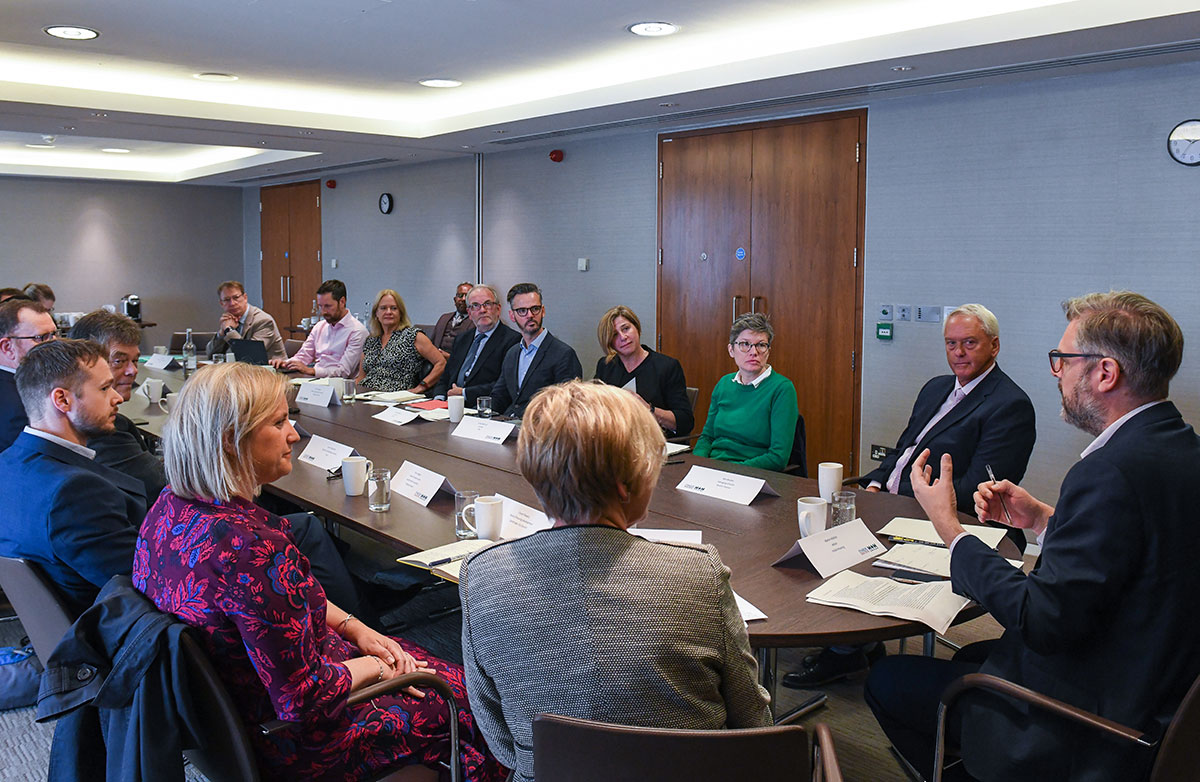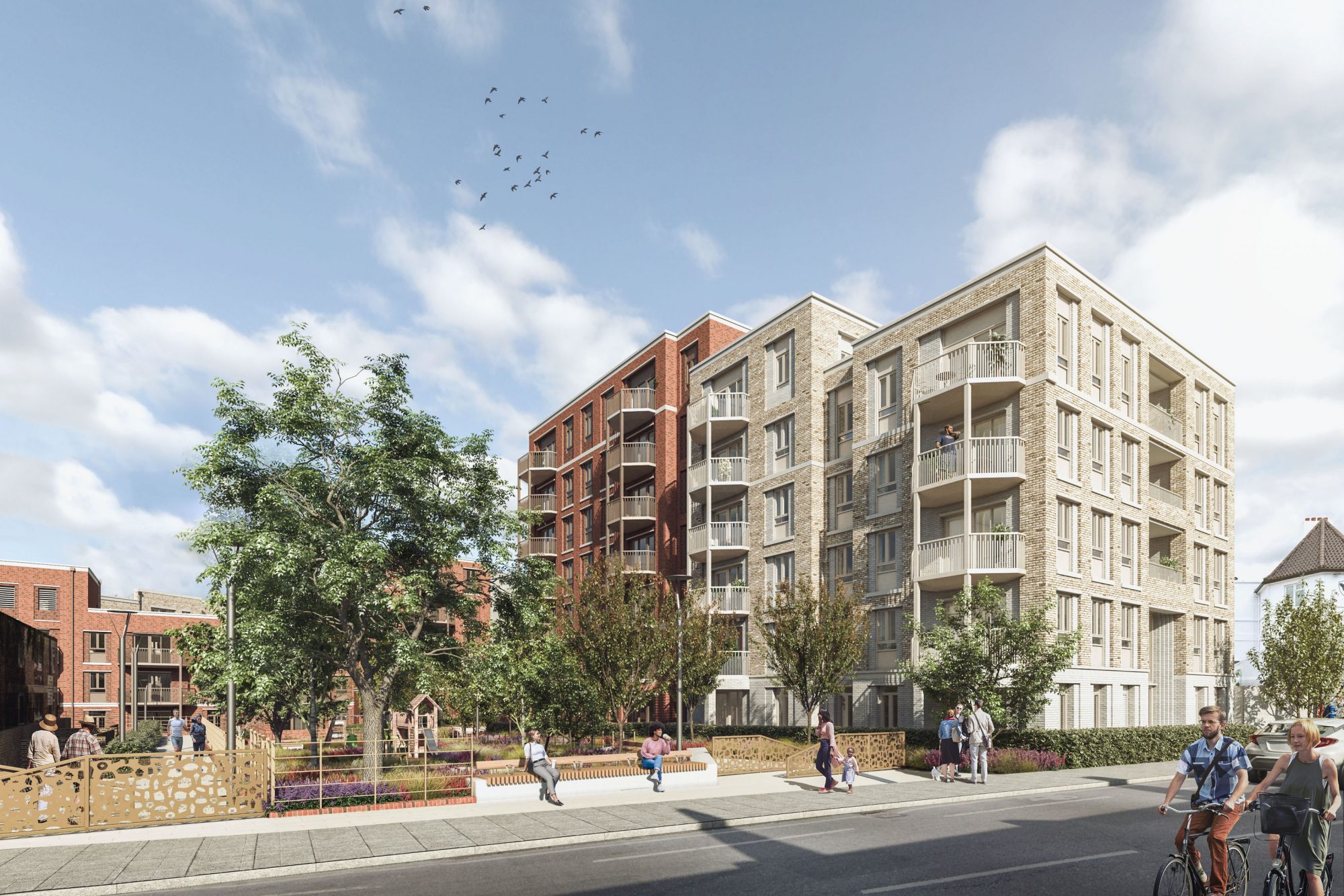30 - 09 - 2022
Summary of Inside Housing’s Future Homes Standard roundtable written by BPTW Partner Neill Campbell.
Recent years have seen climate change, energy use and sustainability central to public and political discourse, and the construction industry is no exception. In response, the UK Government’s Future Homes Standard (FHS) addresses the need for more sustainable homes by prescribing requirements for lower energy use and carbon emissions in residential design. Inside Housing in partnership with H+H organised a round table event on delivering the FHS in response to the changing regulatory landscape. Alongside a cross-section of industry leaders, BPTW Partner and affordable housing specialist Neill Campbell attended the event to discuss the industry’s progress and the future improvements needed for energy-efficient, affordable homes.

Following a consultation process concluding in February 2020, the UK Government has introduced the Future Homes Standard (FHS) to reduce the carbon emissions of new homes in England by 75% to 80% when compared to current standards. The FHS requires this uplift in energy efficiency by 2025 through changes to Part L and F of the Building Regulations, with an interim uplift mandatory from June 2022.
Roundtable Takeaways
The most promising reflection from the round table event was that many housing providers are already delivering a 75 to 80% reduction in energy emissions and have bypassed the interim 31% reduction implemented this year. This has been made possible because the technology needed to meet the more stringent standards already exists, including insulated building fabric and ventilation and heating systems. However, the participants highlighted that it is the best combination of approaches that is yet to be determined, and research and development programmes on this subject are already underway by many house builders.
// If you wind back a year-and-a-half or two years, we’ve come an enormous way [on this agenda]. Two years ago, we were designing for the time. Now, we’re designing for the future. //
Neill Campbell, BPTW Partner
The round table identified the delivery of the predicted carbon emission reduction in occupied homes as a major industry challenge. Educating residents about how their homes work and encouraging them to change life-long habits, like opening windows, is vital if the homes are to perform to their maximum capabilities. This is especially necessary when achieving an equal reduction in carbon emissions between homes of the same design because user actions have a significant effect on emission reduction, thereby altering the efficiency of a single design depending on the resident’s unique habits. Additionally, well-informed maintenance teams are much needed when preserving the benefits of carbon-emission-reducing technology, and education and recruitment are important to achieving this when a home has new or unfamiliar technology.

You can read a complete write-up of the round table here and find out more about BPTW’s efforts to champion sustainable design in our insight articles, such as Passive House design for affordable homes.
Neill Campbell is a Partner at BPTW. As a result of his extensive experience in sustainable and affordable housebuilding, Neill regularly presents to professional bodies, such as the NLA, The Housing Forum and Future of London, on the benefits and processes needed to create quality, sustainable homes fit for modern lifestyles.


